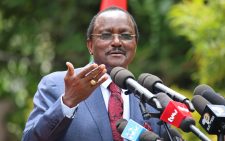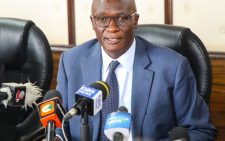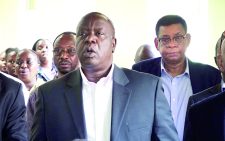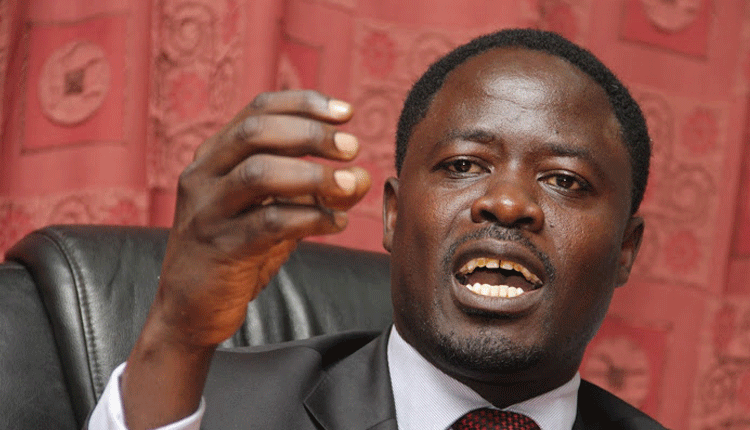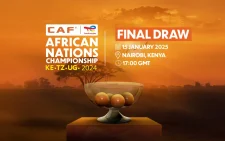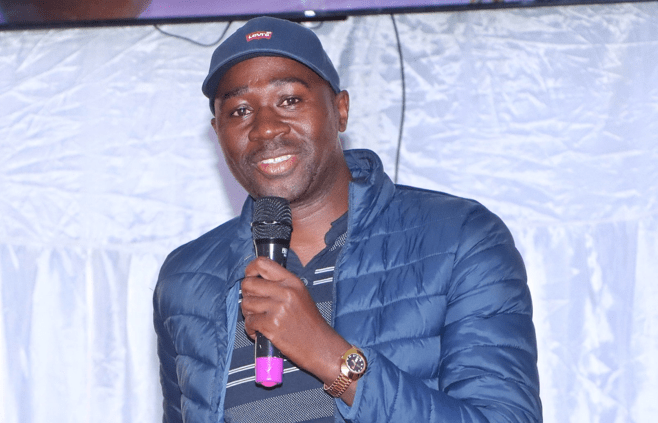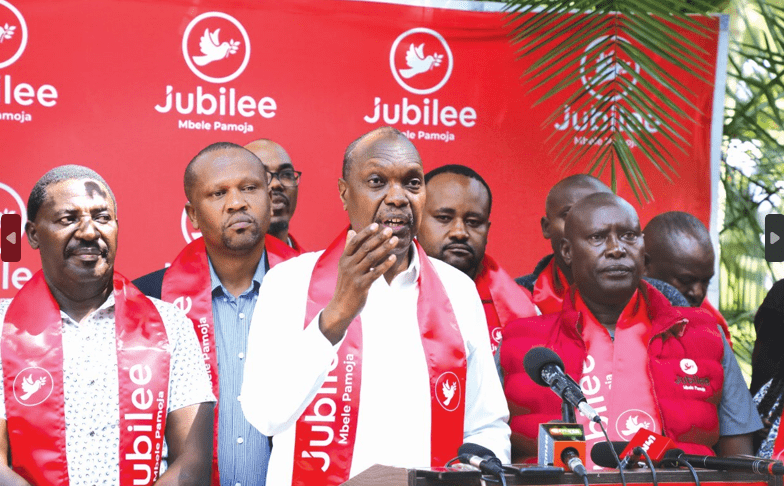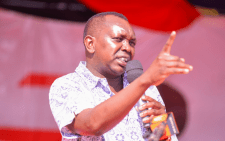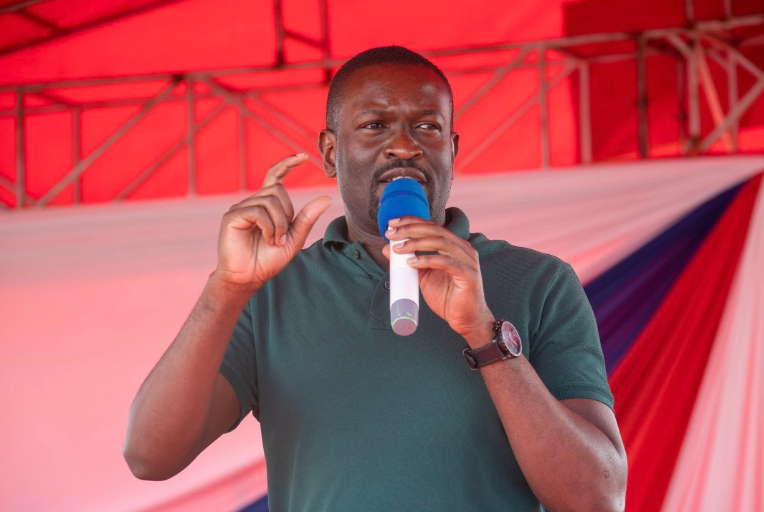Why Raila faces tough options on demand to halt IEBC hirings
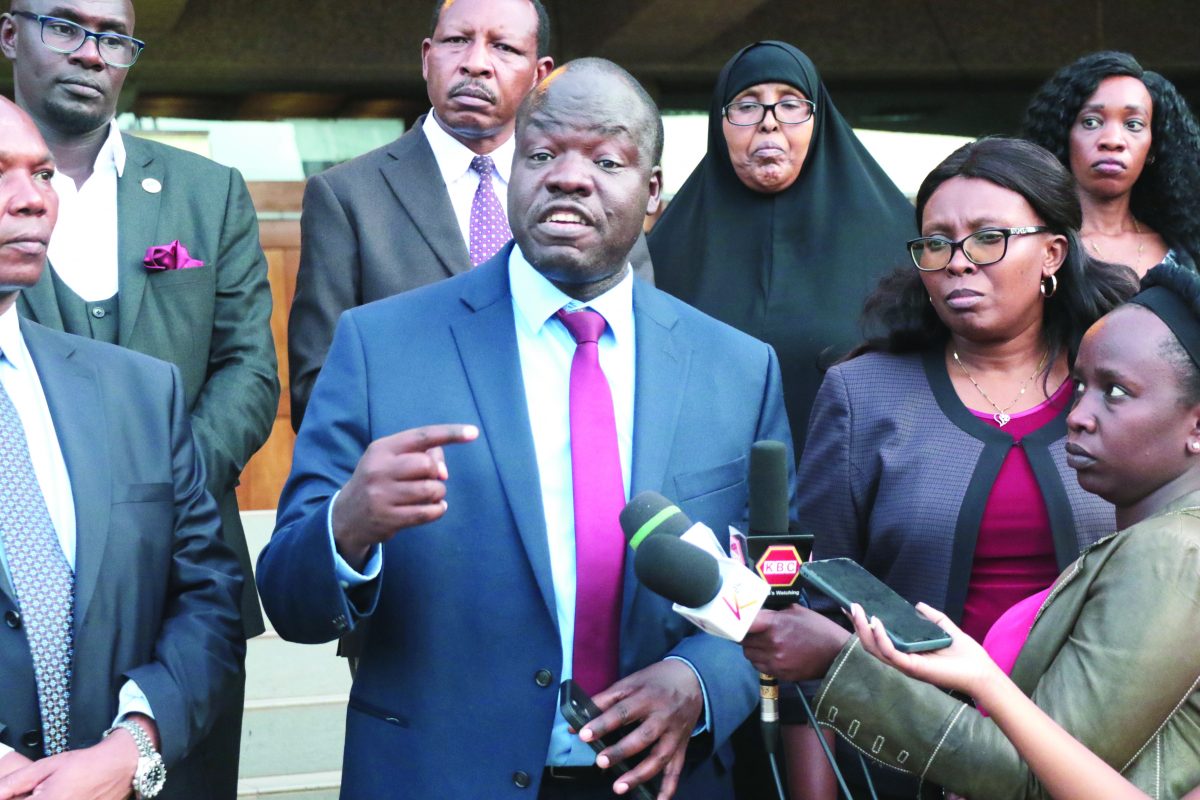
Opening the election results server is one of the key demands that the leader of Azimio la Umoja coalition, Raila Odinga, has been demanding in his twice-weekly protests. And there-in lies the conundrum.
Only an electoral commission—not President William Ruto—has powers in law to open an election results server should the need arise.
That is, assuming that the server has not been decommissioned on account of high costs as retired Independent Electoral and Boundaries Commission (IEBC) chairman Wafula Chebukati hinted when he presented his final report to Attorney-General Justin Muturi in January.
By elections
At present, Kenya has no electoral commission to speak of. Whereas the secretariat is in place, it has no commissioners, Chebukati and three other commissioners having retired, the Cherera three having resigned and the last woman standing—Irene Masit—being fired on the recommendation of a tribunal.
That means, even with yesterday’s death of Banissa MP Kulow Maalim (Kenya Kwanza) and the nullification of the election of Magarini MP Harrison Kombe (ODM) earlier in the month, there is no commission in place to conduct a by-election. “We need an electoral commission as soon as yesterday,” Cotu’s Deputy Secretary-General Benson Okwaro told a stakeholders meeting in Nairobi yesterday.
And this presents a second conundrum.
Raila has called for the process of selecting new commissioners to be stopped, arguing that if they are picked under the current law, the process will not be inclusive and could give Ruto an upper hand come 2027. Yet, this is the law that was, by and large, used to select the “Cherera Four” commissioners that Raila wants reinstated despite their resignation.
For the process to be stopped and restarted under a new legal regime, the law as it stands must be changed—and only Parliament can do that. However, as the numbers stand, in the absence of a bi-partisan agreement, it is highly unlikely that Azimio can successfully push through an amendment on the floor of the House in which Kenya Kwanza controls a sizeable majority.
Already, 920 candidates had applied to be considered for the positions of commissioner and IEBC chair by the time deadline for application closed at 5pm on Monday. Of these, 25 expressed interest in being considered for chair. The other 895 will compete for the six available slots for commissioner.
By this day next week, the full list of the applicants will be published, after which the shortlisting will start. This in itself is a lengthy and involving process as it will entail a review of each applicant’s suitability, consultations with their referees and counter-checking of their documents and testimonials for authenticity before the names are handed over to agencies like the National Intelligence Service for background checks. Only then can the oral interviews commence and shortlisted candidates presented to Parliament for vetting before the President can appoint the commissioners and a new chairman.
Weekly demos
This is the process that Raila has demanded must be stopped as part of his demands to end the weekly demos. Once this happens, then MPs must come up with a new law that will guide the new process.
But there is another hurdle. The last time the electoral commission reviewed constituency boundaries was in 2009. The law provides that this must be done every 12 years. That means the country is already late and reviewing the boundaries could be delayed if MPs decide to take more time to change the law on appointment of commissioners. Yet, only earlier in the month, they approved a budget of Sh7 billion for boundary review.
The question then is; What are the options available for Raila if the process of appointing new commissioners is stopped? That is what will make or break any talks between him and the President should they find themselves at the negotiating table.
